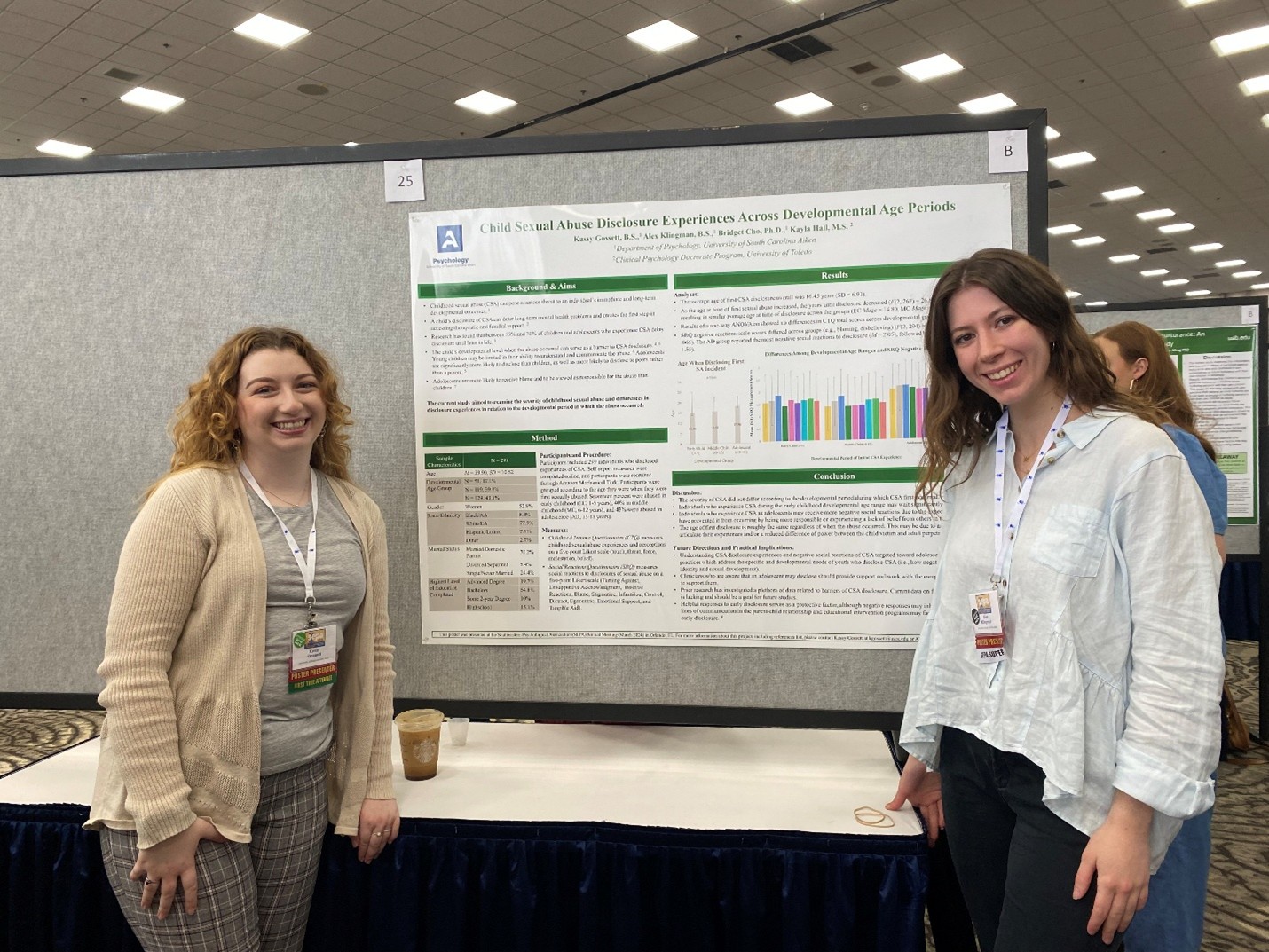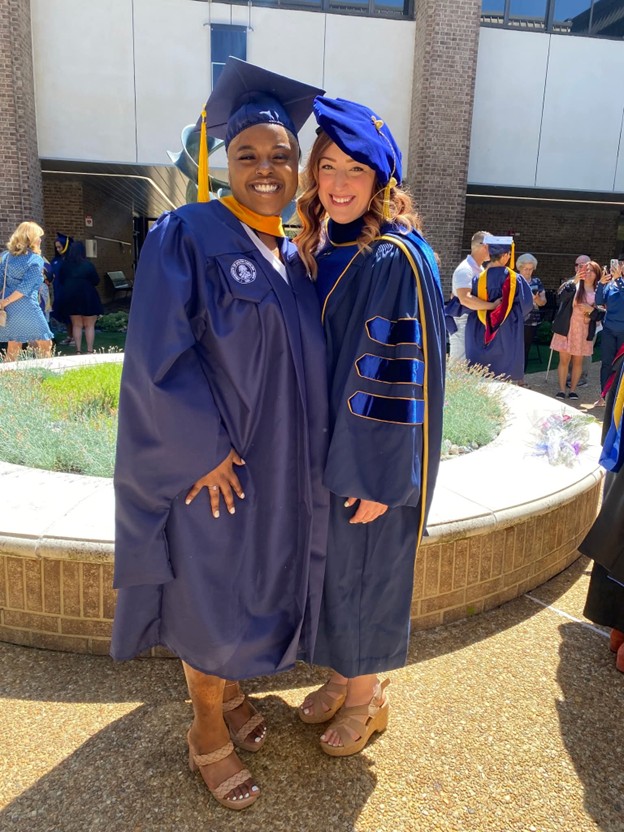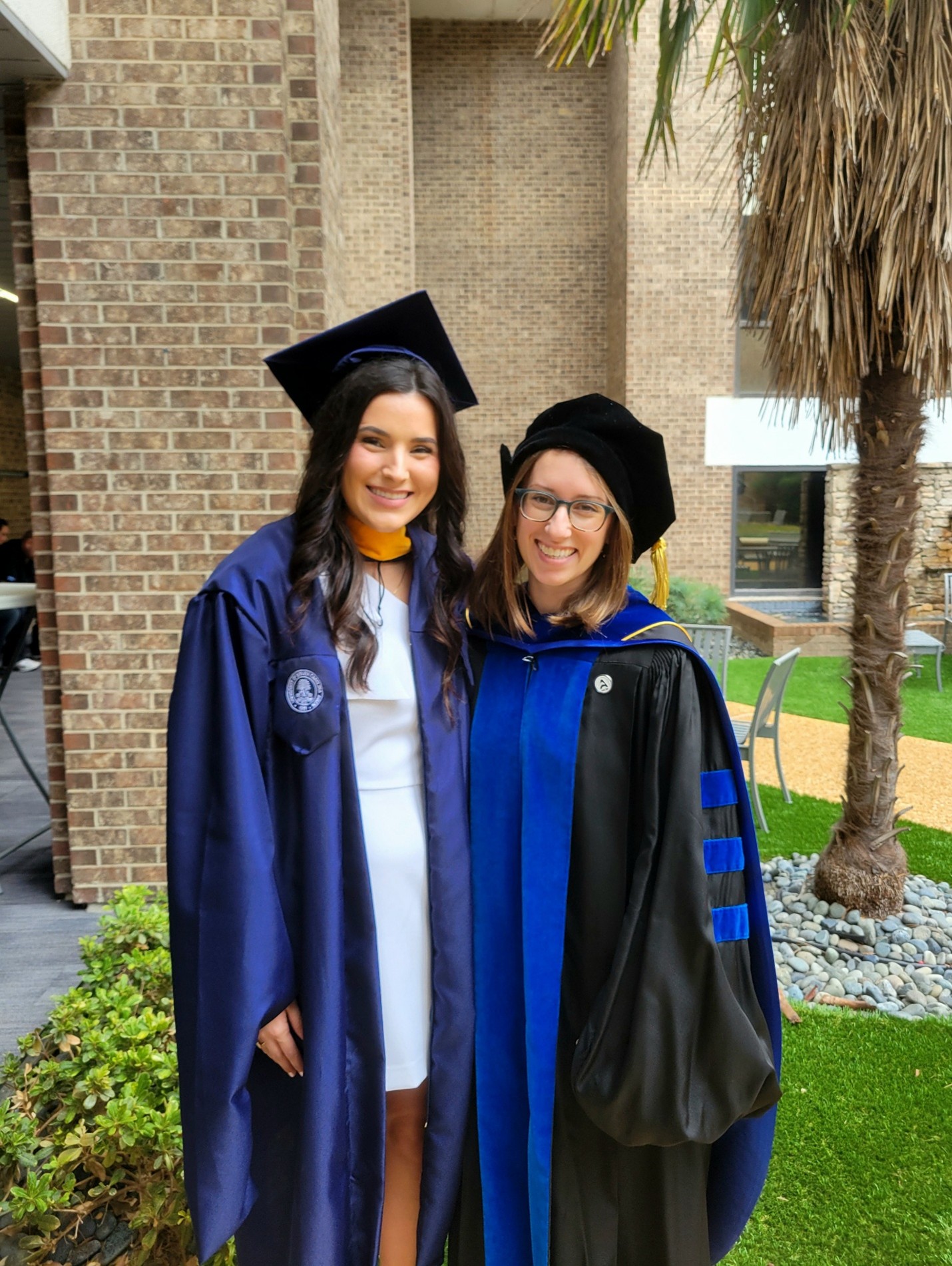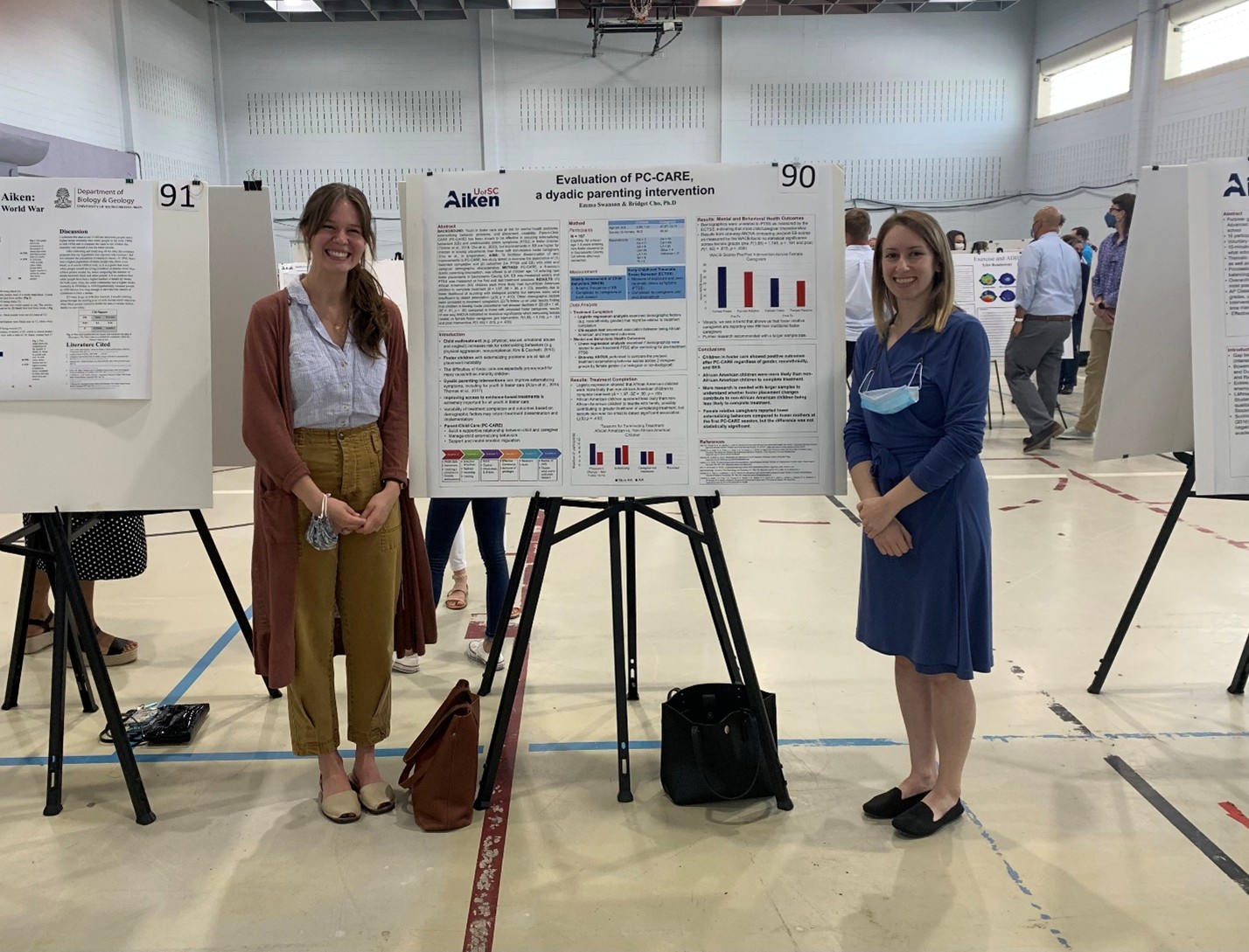The BRAvE Lab
Building Resilience in Adverse Environments
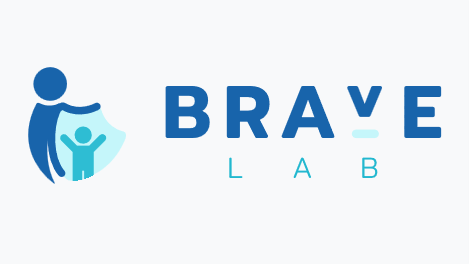
Lab Overview:
The BRAvE lab studies child development, mental health, family functioning, and peer relationships within a context of exposure to adversity and trauma. Led by Drs. Brianne Coulombe and Bridget Cho of the USCA Psychology Department, the lab employs mixed methodology to understand the problems faced by young people and their pathways to resilience. Projects include those that are both faculty-initiated and student-initiated.
Principle Investigators:
Brianne R. Coulombe, Ph.D.
Brianne Coulombe received her doctorate in developmental psychology from the University of California, Riverside. Dr. Coulombe teaches graduate and undergraduate classes in developmental psychology, research methods, and statistics. Her research focuses on strength-based approaches to development with an emphasis on social and behavioral competence. She is especially interested in how children’s positive social behaviors are shaped by family, school, and peer contexts, and how these positive social behaviors engender adaptive outcomes for children facing adversity.
Bridget Cho, Ph.D.
Bridget Cho received her doctorate in clinical child psychology from the University of Kansas and completed an APA accredited internship specializing in child maltreatment at the University of California Davis Children’s Hospital. Dr. Cho provides clinical supervision to graduate students in the M.S. Applied Clinical Psychology Program and teaches about psychopathology, trauma psychology, child and family therapy, developmental psychology, and cognitive assessment. Her research and clinical interests include children’s mental health, parenting, and adversity, as well as development and assessment of interventions.
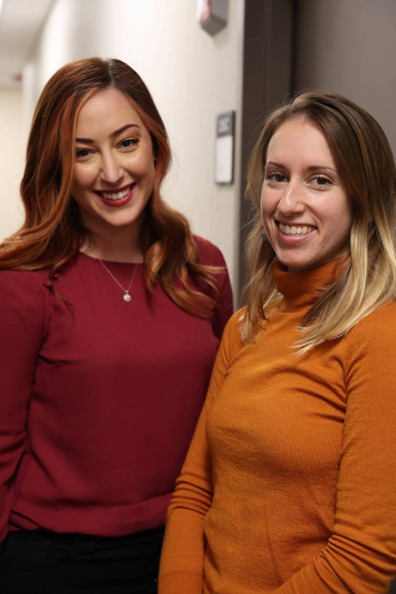
(Brianne R. Coulombe, Ph.D. (Left) and Bridget Cho, Ph.D. (Right))
Recent Student Projects:
Courtney Adiotomre, “Prosocial processes in peer relationships”
Eliya Burton, “Emotional maltreatment and identity disruption: The mediating role of attachment”
Hannah Brown, “How do narcissistic parents influence their child’s interpersonal relations?”
Ava Moore, “Parent-child interactions and prosocial development: The role of ethnicity-race"
Hannah Milius (Thesis), “Longitudinal patterns of caregiving sensitivity in a sample of adolescent mothers”
Canisha Davis, “Effectiveness of a deep breathing intervention for reducing stress among college students”
Alexandra Klingman (Thesis), “Emerging adults’ knowledge of parental trauma exposure as a moderator of the association between emotional maltreatment severity and forgiveness”
Tal Gur (Thesis), “Preliminary program review: Children’s Place, Aiken, SC”
Laura Shillingsburg (Thesis), “Bidirectional association between children’s emotion regulation and parental intrusiveness”
Megan Medlock, “Longitudinal association between parents’ childhood maltreatment and parenting behavior via emotion dysregulation”
Asia Johnson (Thesis), “Imposter phenomenon progression and intersectionality among undergraduate students”
Lauren Waters (Thesis), “The role of hostile attribution bias in the relationship between parental adversity exposure and observed parental sensitivity”
Monika Epp (Thesis), “Appraisal as a moderator of the association between childhood adversity exposure and psychological distress during the COVID-19 pandemic”
